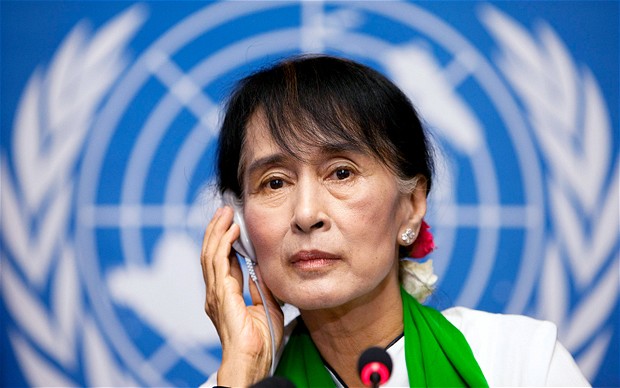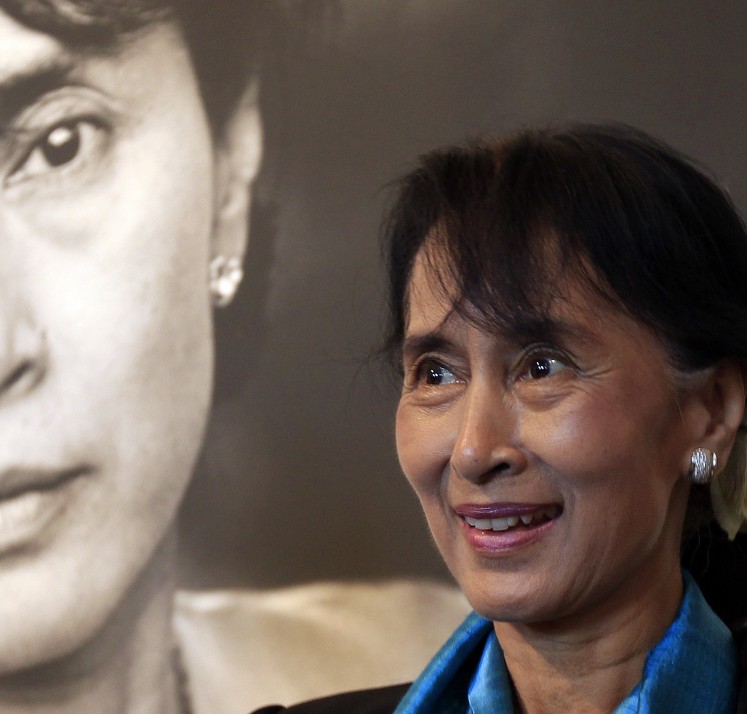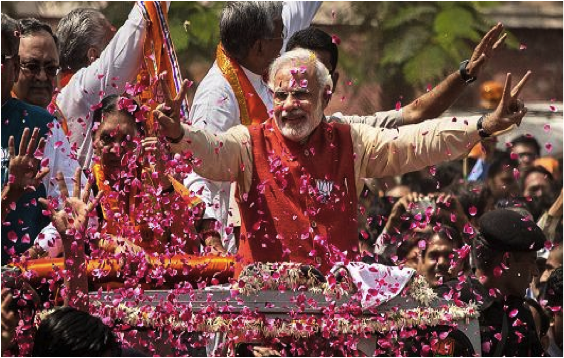Background: From early 19th Century until World War II, Burma was ruled by the British Empire. The British set in motion their conquest of Burma in 1824, and in 1885 gained complete control of the Burma territory annexing it to British India. A faction of Burmese nationalists branded as the “30 Comrades,” led by General Aung San, allied with the Japanese in driving out the British at the beginning of World War II. However, the Burmese Army changed sides in mid-1945 and aided the U.S. and Britain against Imperial Japan. After the war, Burma, with General Aung San at the controls, demanded absolute political and economic independence from Britain. The British Government accepted these demands and Burma was granted independence in January 1948. However, General Aung San was assassinated, along with most of his cabinet by armed paramilitaries of the former Prime Minister U Saw, before the constitution went into effect
Geography: With India, China and Thailand as its neighbours, Burma is strategically located due to its coastline along the Strait of Malacca, which provides naval access to one of the world’s most strategic Maritime choke points between Malaysia and Indonesia. This passage brings in 80% of China’s oil from the Middle East.
[captionpix align=”left” theme=”elegant” width=”320″ imgsrc=” http://www.san-antonio-daily.com/images/burma.gif” captiontext=””]
Politics: Burma is an authoritarian nation subjugated by a military junta. The country is lead by a civilian president and two vice presidents. Although power is apportioned between executive, legislative, and judicial branches, the military is not answerable to any institution. The head of the armed forces preserves the right to invoke emergency powers including the capacity to suspend civil liberties and nullify parliamentary authority.
The Leader: Aung San Suu Kyi, the daughter of the assassinated General Aung San, is best known after having been bestowed with the Noble Peace Prize in 1991, a year after her National League for Democracy (NLD) won an overwhelming victory in an election which the military later nullified. Due to this victory, she had been under house arrest until November 2010. She was kept out of Burma’s first election in two decades on 7 November 2010 and was only released from house arrest six days after the vote. Later, as the new government set in motion a process of reform, Aung San Suu Kyi and her party returned to the political arena.
[captionpix align=”right” theme=”elegant” width=”160″ imgsrc=”http://upload.wikimedia.org/wikipedia/commons/thumb/4/42/Aung_San_Suu_Kyi_17_November_2011.jpg/462px-Aung_San_Suu_Kyi_17_November_2011.jpg” captiontext=”Aung San Suu Kyi giving a speech at the Hlaing Thar Yar Township in Yangon, Burma.”]
Although the military regime, better known as SPDC (State Peace and Development Council) changed the name of the country to “Myanmar” in 1989, the democratic opposition and other political activists do not recognize their change and continue to use the name “Burma.” Out of support for the democratic opposition, and its victory in the 1990 election, the U.S., Canada and the European Union likewise use “Burma.”
Current Situation: On 1 April 2012 Aung San Suu Kyi stood for parliament in a by-election where her fellow NLD candidates won a landslide victory and weeks later she was sworn into parliament. The military junta that has held onto power for decades pledged to follow a path to democracy. This gave Aung San Suu Kyi an opportunity to tour the west and gain support not only for her own new government but also for economic support to uplift Burma from its broken economic state.
European leaders, international institutions and private corporation’s are willing to help impoverished Burma with Aung San Suu Kyi in a strong political position as a leader. An important point of discussion and concern is how will Burma manage its vast natural resources, especially oil and gas, in a way that benefits the people. Burma’s latest political reforms including allowing Aung San Suu Kyi’s party into mainstream politics and freeing political prisoners has brought appreciation from Canada, the United States, European Union and others who are working on suspending the trade and economic sanctions laid on Burma.




